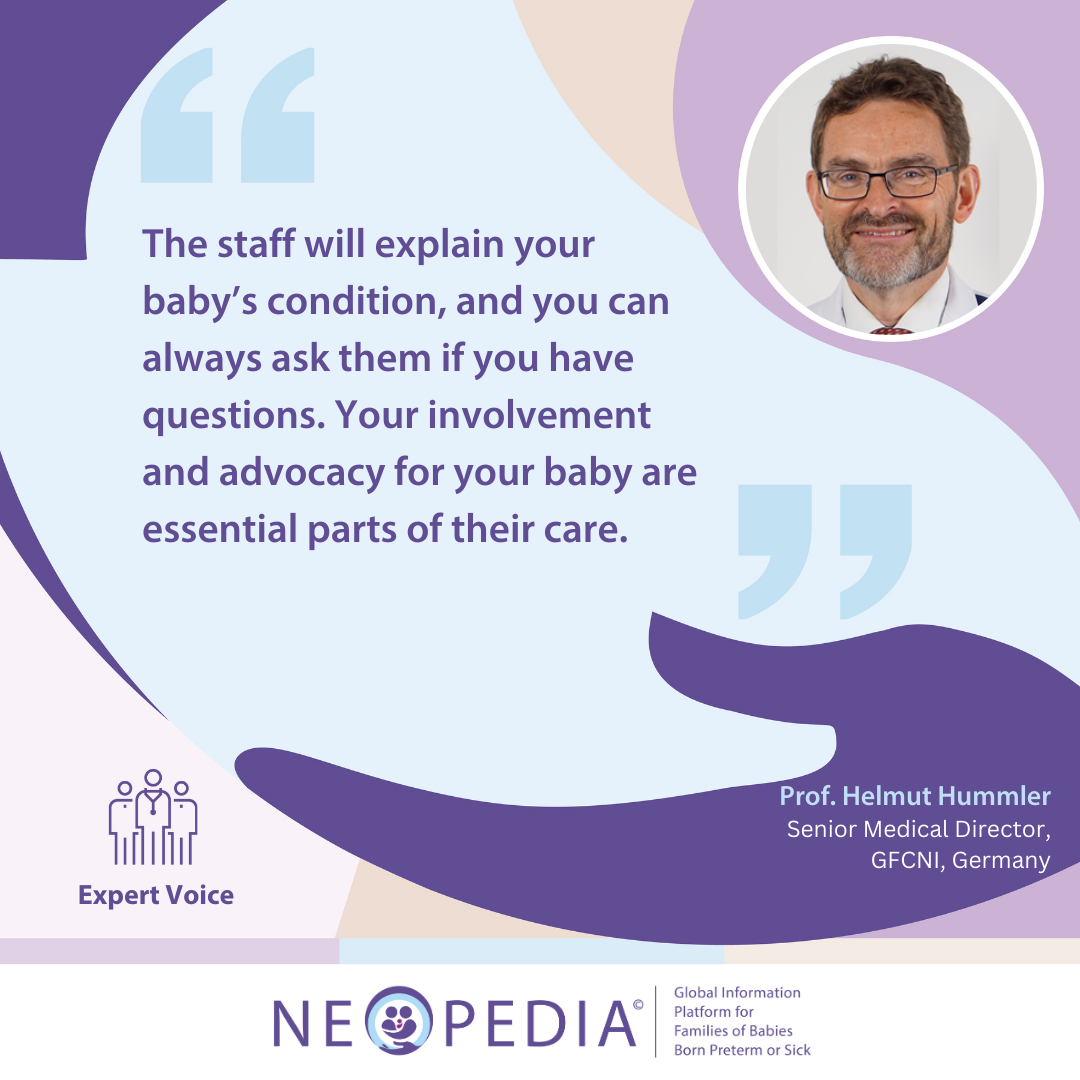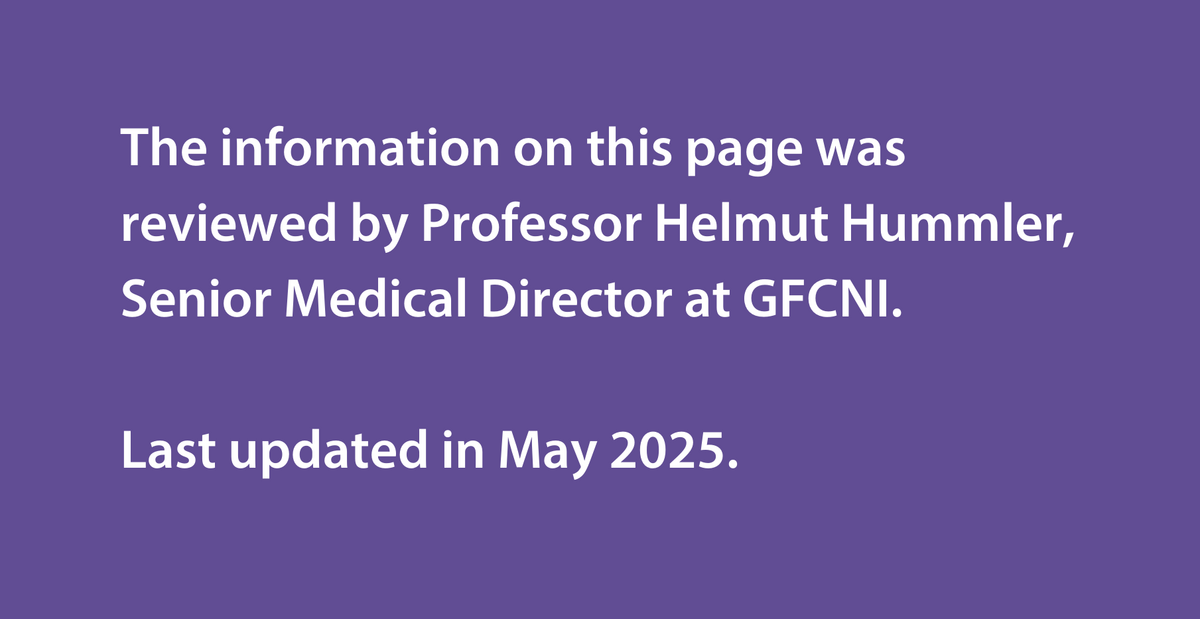
Support for you and your family
Arrival at the neonatal unit
Your involvement at the unit
Your involvement in your baby’s care is very important, and the staff are there to help you to be as involved as possible. Being part of your baby’s care makes a big difference both for you and your baby. You can bond through skin-to-skin contact, feeding, washing, or simply being close. If you cannot hold your baby yet, talking, singing, reading, holding their hand, or leaving something with your scent can still bring them comfort and support them in their development. Even when physical contact is not yet possible, your voice and presence are very soothing for your baby.
Read more about Family Integrated Care at the neonatal unit.
Admission of preterm babies
Preterm babies are born before 37 weeks of pregnancy and depending on how well they are doing and how early they are born, they might need medical attention in a neonatal unit.
For more information about preterm birth, read on to learn more about risk factors, causes, and signs.
Admission of full-term babies
Full term or term birth means that a baby is born at or after 37 weeks.
Neonatal units care for many medical conditions of full term born babies, including issues found before or at birth.
These can be:
The staff will explain your baby’s condition, and you can always ask them if you have questions. Your involvement and advocacy for your baby are essential parts of their care.
Find more information about complications treated in a neonatal unit for both preterm and full-term babies.

